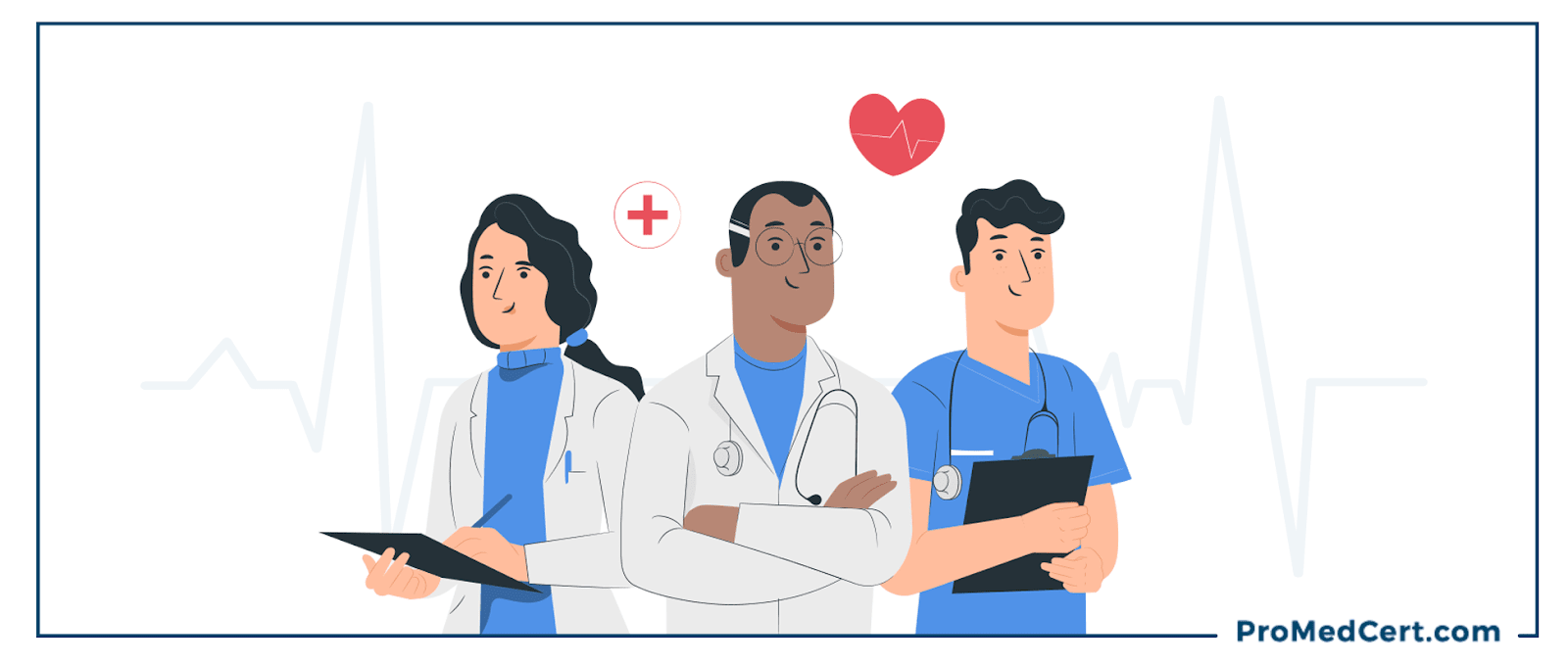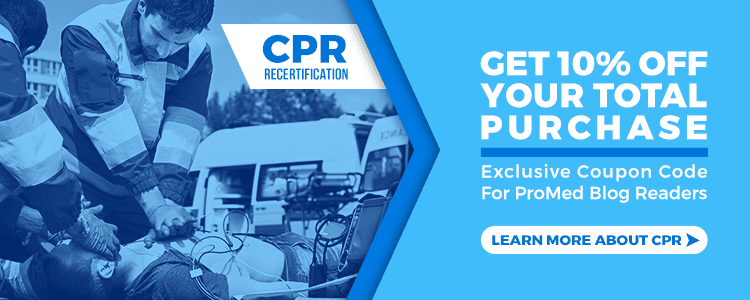4 Soft Skills That Strong Healthcare Professionals Must Have

The healthcare field is complicated.
You need to be prepared for any type of health issue or patient who enters your workplace.
After years of education and training, you need to master all the fine technical details you’ve learned.
That way, you know the best treatment recommendations or methods and how to administer them.
This field requires technical, logical minds that can understand and sort information and not forget it.
You’ve made it into this profession because you are inclined toward scientific, analytical understanding and thinking.
But your job role doesn’t end at knowing the facts and solutions for your patients.
Remember that you are treating and working alongside people.
To thrive in the medical field, you need to embody specific traits that will gain your patients’ trust that you’re here to help them.
If you’re unable to work in a team, you will find yourself struggling in your workplace.
While you’ve nailed your professional technical skills, you need to possess individual soft skills that will earn you a reputation as a remarkable healthcare professional.
Here are six soft skills that will help you thrive in the medical field:
Communication
Your workday involves sharing detailed information with people who are not in the medical field.
When you have a patient with a health issue, you will need to analyze and evaluate their condition and inform them how you plan to proceed with treatment.
As a nurse who needs to administer treatments continually, you will face patients who are confused about every action you are taking.
By communicating effectively during these times and others, you can demonstrate that you are a strong, caring healthcare professional who your patients can trust.
The patients you face will be diverse and come from several backgrounds or lifestyles which may have rarely intersected with the medical field.
When you share their medical condition with them, your word choice and phrasing are essential to consider.
Keep your statements concise, using simple language for your patient to grasp what is going on.
To be a strong communicator, you must be mindful of your body language, tone, and other cues that influence how your patient receives your message.
Maintain eye contact, keep open body language, make yourself seem more approachable (uncross your arms), and use a friendly but informative tone.
Communication is much more than talking, as you need to implement these strategies to connect with your patients.
If you can manage this skill, however, you will notice positive benefits.
1. Empathy
To shape how you communicate and how you act, you need to incorporate empathy in your list of skills.
Your job requires helping people who are often vulnerable and suffering.
While you need to remain focused on your job and stay logical and resilient against emotional reactions, you need to embrace empathy.
By considering your patient's experiences and positions, you can more thoroughly understand their needs and adapt your communication and possibly your treatment plan.
You can personalize your service for the best possible solution to help your patient.
Often, patients will feel uneasy and on edge in a medical setting.
You are responsible for earning their trust and helping them relax to be more receptive to the information and treatments they need.
By demonstrating empathy, your patient will feel understood and more comfortable seeking your services.
2. Teamwork
The healthcare field requires constant teamwork.
Whether you are a physician with your independent practice, or a nurse working shifts in a hospital, you need to work well with others.
Collaboration requires respect and consideration for the people by your side on the frontlines in your field.
You need to cooperate so you can achieve your collective goal, which is to help people.
To be a vital team member, try making different gestures to boost morale, like bringing baked goods for everyone to enjoy in the lunchroom, or by showing gratitude for your coworkers' help with a simple “thank you.”
There are plenty of opportunities where you can make their day a little easier.
Consider completing the next shift’s administrative duties when you have free time or organizing your shared desk area, which will make you a valuable team member.
If you can work together, you can learn or use your team members’ strengths and improve your weaknesses.
3. Listening
The root of being empathetic or an adequate communicator and team member is listening.
As a healthcare professional, you know a lot.
You are regularly required to share what you know when helping patients and especially when leading a team.
However, you need to be able to listen so you can hear issues at hand and effectively find the solution or gain from your collaborations with team members.
Your patients will value your listening skills as you consider all factors of their situation they share with you and then determine your treatment method.
If you fail to listen, you may miss important details and choose ineffective solutions.
Your staff will not respect you as a team member as you fail to give others the respect to speak and share information that could be valuable to you.
By humbling yourself, allowing others to speak, and actively listening, you will learn a lot.
4. Willingness to Learn
When you enter your medical workplace after years of training and schooling, you may feel that your learning is over.
You’ve made it and know everything you need to know, right? Not quite.
In this industry, you must be humble and understand that every new patient, staff member, shift, or a day at the medical office is an opportunity to learn.
To be the strongest medical professional you can be, you must be willing to keep learning, even when your institutional education is over.
Conclusion
You can continue learning with ProMed Certifications.
Earn your ACLS, PALS, BLS, and CPR training to become an asset in your field.
That’s why ProMed helps you balance these training programs with your schedule.
Find out how you can start learning and earn these essential certifications within hours. Visit our website now.

